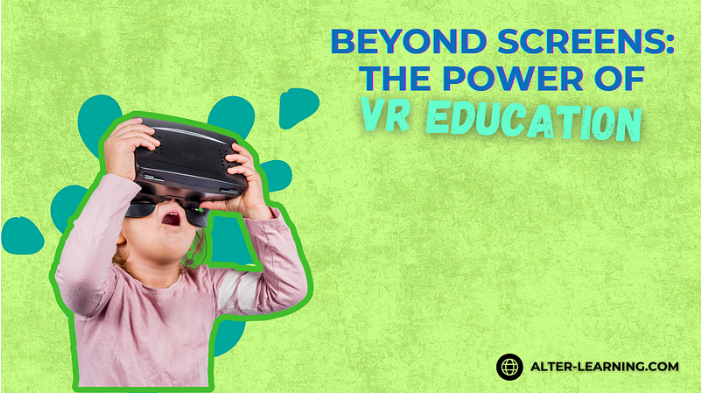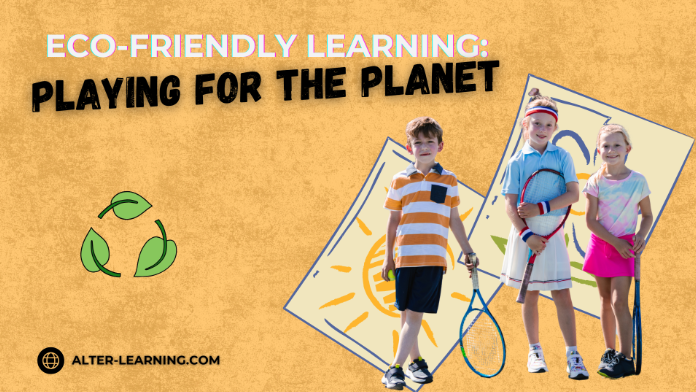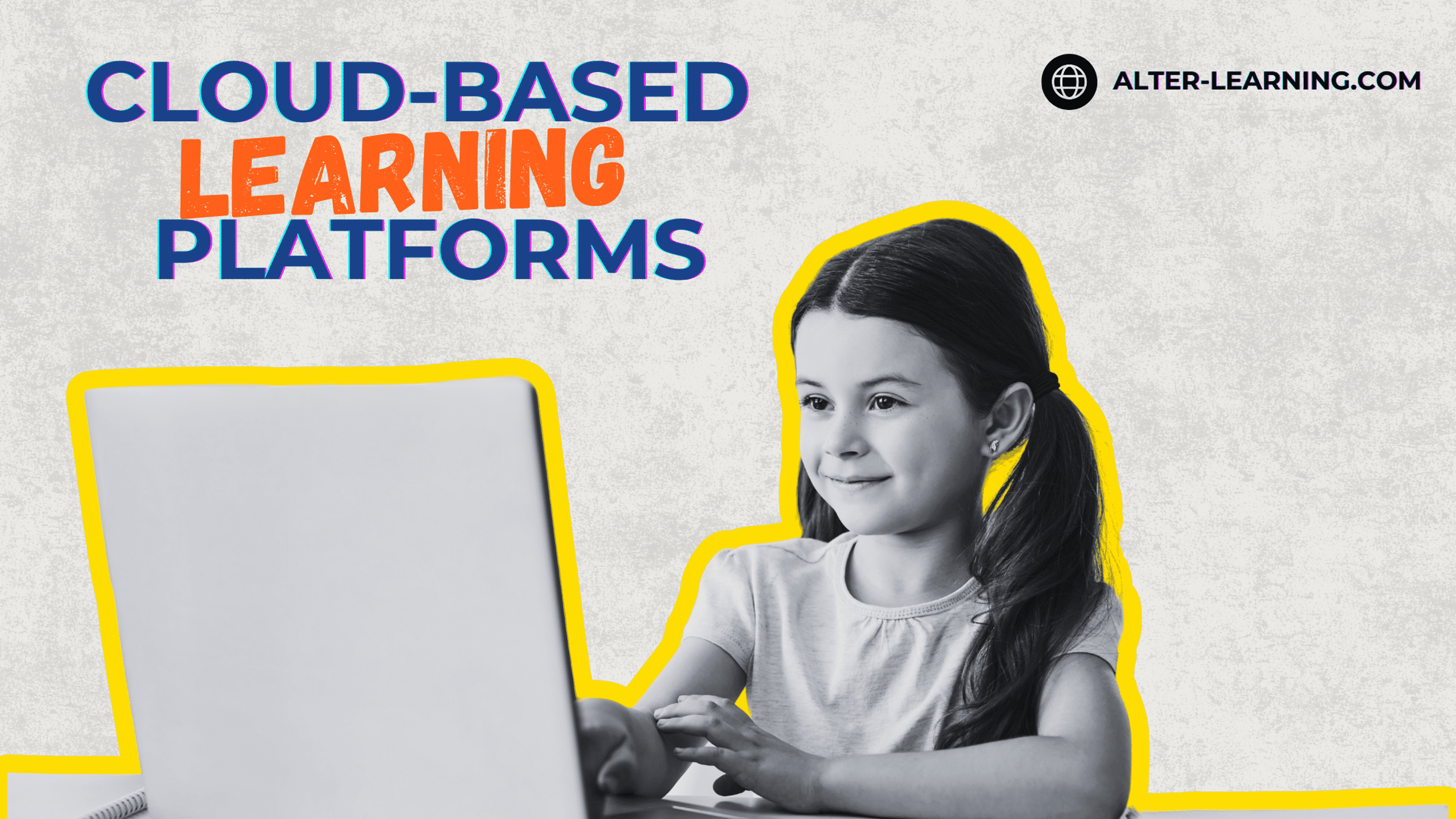The classroom is no longer confined to four walls and a whiteboard. As immersive technology reshapes industries, it’s also rewriting the rules of learning. At the forefront of this shift is Alter-Learning, combining educational rigor with the awe-inspiring possibilities of virtual reality.
By blending science, storytelling, and interactivity, Alter-Learning’s education apps don’t just transmit knowledge — they create experiences that learners carry with them long after the headset comes off.
Why Immersion Matters
Learning is more than information transfer — it’s about engagement, context, and retention. VR education platforms make it possible to walk across the surface of the moon, step inside a DNA strand, or orchestrate a music performance — all within a structured, curriculum-aligned framework. This isn’t about gimmicks. It’s about unlocking the full potential of the brain through spatial memory, embodiment, and multisensory learning.
Alter-Learning’s Celestial is a perfect example. In this lunar exploration game, students manage survival tasks, investigate scientific problems, and repair critical systems. The result is an interactive science experience that promotes inquiry, Earth and space knowledge, and critical thinking — without ever opening a textbook.
From Passive Viewing to Active Discovery
Unlike videos or traditional lessons, immersive VR simulations place the student inside the subject. Alter-Learning’s games are built with this pedagogical shift in mind:
- Echoes of History transforms history into hands-on archaeology. Students explore ancient civilizations as time-traveling researchers, excavating, analyzing, and connecting findings to geography and cultural evolution.
- Music Hall turns abstract musical theory into physical practice. Learners can jam solo or in small groups, moving through interactive rooms that teach rhythm, harmony, and composition.
- Steamhaven Cogworks reimagines mechanical engineering as a steampunk mystery. As a sentient robot, players solve physics-based puzzles rooted in real-world energy transfer and magnetism.
Each title is more than a lesson — it’s a living environment that invites students to experiment, fail safely, and learn by doing.
Designed for Classrooms and Home Learning
A common misconception about VR in education is that it’s only accessible to schools with large budgets and high-end equipment. Alter-Learning challenges that narrative with scalable, cost-effective solutions:
- All games can be played on desktop as well as VR headsets.
- The platform is optimized for smooth performance, even on modest hardware.
- Multiplayer and solo modes provide flexibility for both classroom instruction and independent study.
This flexibility is key for educators looking to enhance lessons without overhauling their entire infrastructure. Whether it’s a science teacher using Hybrid Classroom to deliver live VR lessons or a homeschool parent exploring botany with Flores, Alter-Learning’s platform adapts to different settings and learning needs.
The Science Behind the Experience
Alter-Learning’s development approach draws from the latest cognitive and educational research. Their immersive learning environments incorporate:
- Spatial reasoning development through 360-degree educational videos
- Inquiry-based learning structures that mimic real-world scientific method
- Emotional engagement as a pathway to deeper retention and understanding
By tapping into how the brain processes and stores embodied experience, VR learning helps students move from passive memorization to meaningful knowledge construction.
In a world where attention is scarce and curiosity is fragile, these immersive tools offer something rare: an educational experience students want to return to.
The value of VR in education isn’t just its novelty — it’s the depth it offers. Alter-Learning’s approach ensures that immersion serves instruction, not the other way around. Through interactive physics simulations, virtual chemistry labs, and VR math games, students are given the tools to visualize and apply complex concepts across disciplines. The result is a shift not just in how we teach, but in how learners relate to the world around them — equipped with both skills and wonder.
Follow Alter-Learning for more insights into immersive education, edtech success stories, and the future of learning. Want to explore how VR/AR could transform your school or learning platform? Let’s connect.




